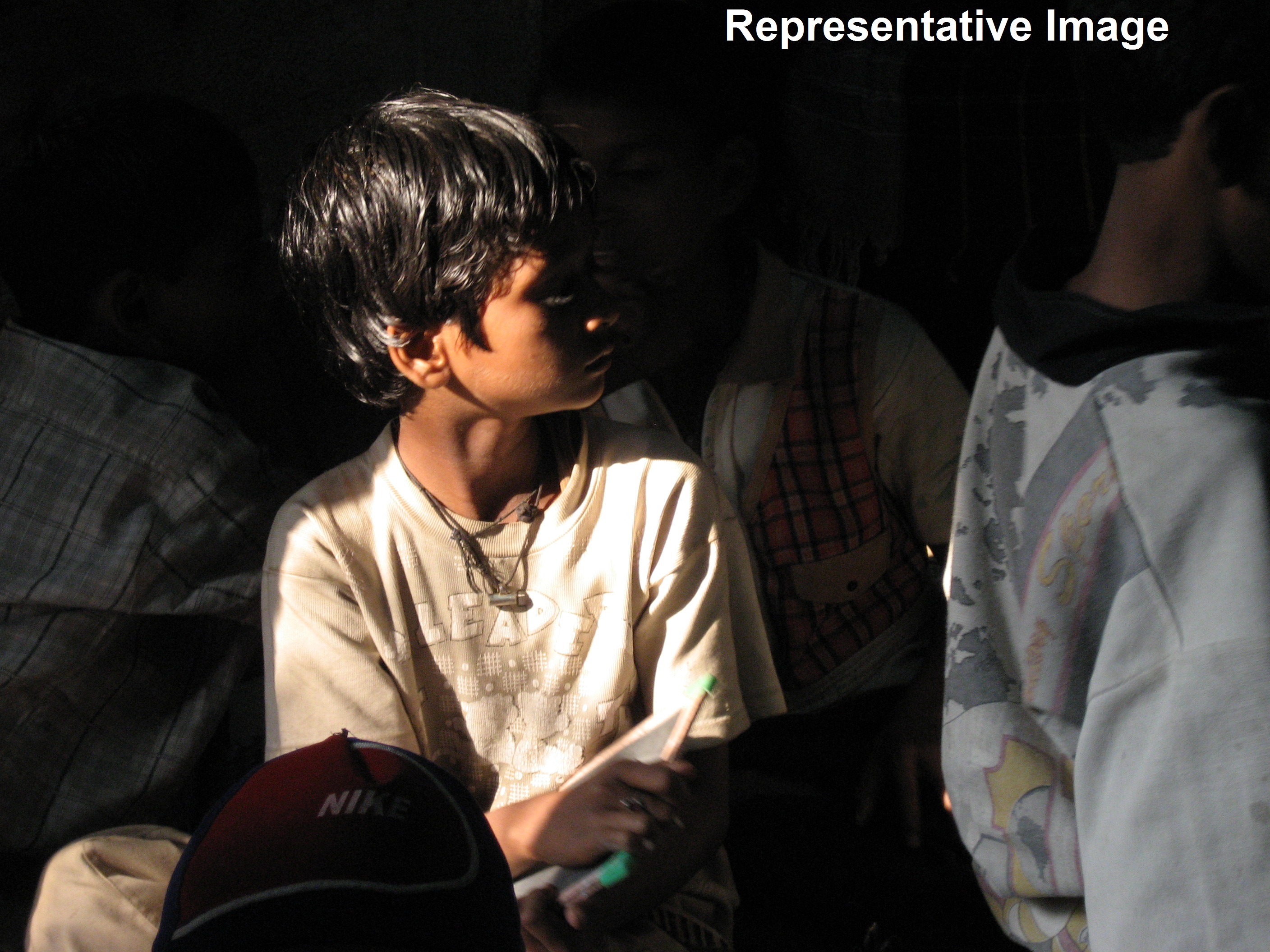Kokila Vikas Ashram
Kokila Vikas Ashram
Project Brief: To enhance the running condition of nine venture schools in Assam which are being run by contributions from local people.In this project it is proposed to provide some furniture, reading and playing materials to two such schools run in the area.
Project Type: Other (description)
Primary Focus: other (description)
Supporting Chapter Contact: Berkeley
Project Type: Other (description)
Primary Focus: other (description)
Secondary Focus: other
Area: RuralSupporting Chapter Contact:
Status: completed - requirements ended
Project Steward: Anand Raghavan
Project Partner(s):
Other Contacts:
Project Address: , P.O. Sonapur, via Gohpur,,,
Assam 784168
Tel: (037158) 43187 (p.p.), (0361)
Stewarding Chapter: Berkeley
Project Steward: Anand Raghavan
Project Partner(s):
Other Contacts:
Project Address: , P.O. Sonapur, via Gohpur,,,
Assam 784168
Tel: (037158) 43187 (p.p.), (0361)
Stewarding Chapter: Berkeley
Location of the project is in the area inhabited by Bodo tribes and other scheduled caste and backward population. The area is affected by the Bodo militants who are fighting for autonomy. The schools run by the government are not sufficient, so the villagers themselves run schools in different villages. They form local committees for this purpose. These committees collect donations from the villagers to pay nominal salaries to the teachers. They also construct temporary bamboo walled shed for the school with thatched roof. In this project it is proposed to provide some furniture, reading and playing materials to 9 such schools run in the area. It is also proposed to replace the thatched roof with G.C.I. sheet.
Kokila Vilas Ashram is run by Mr. Haresh Bhatt. Originally belonging to Saurashtra in Gujarat, he moved to Assam in 1983 after Nellie massacres to do relief work. He continued to stay on there, took up various developmental activities. He has totally adapted himself to the local situation, can speak Bodo language and is married to a Bodo girl. Inspite of this he faces threats from Bodo militant organizations once in a while. He has continued to work undaunted. Kokila Vikas Ashram was involved in the construction of 82 low cost laterines, 40 drinking water wells, 80 smokeless chulhas, carried out tree plantation work, ran awareness camps for mahila samitis, conducted training in the area of bee-keeping, weaving, spinning, gobar gas plant construction. It is also involved in the running of schools for primary education.

